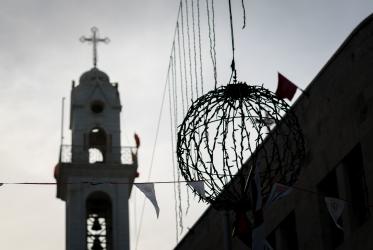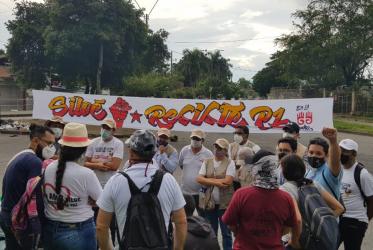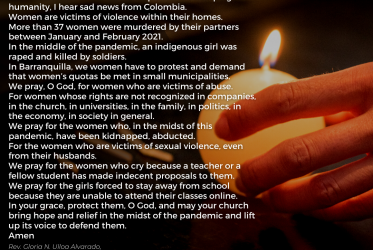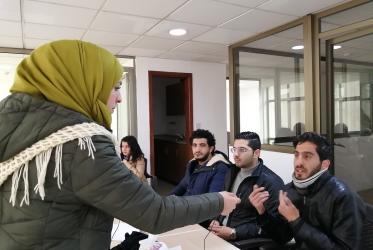Displaying 41 - 60 of 153
COVID-19 in conflict zones: “a crisis within another crisis”
27 November 2020
“Conflict Zones and Covid-19” webinar
26 November 2020
Are migrants seen and heard? Conference presses the question
19 October 2020








